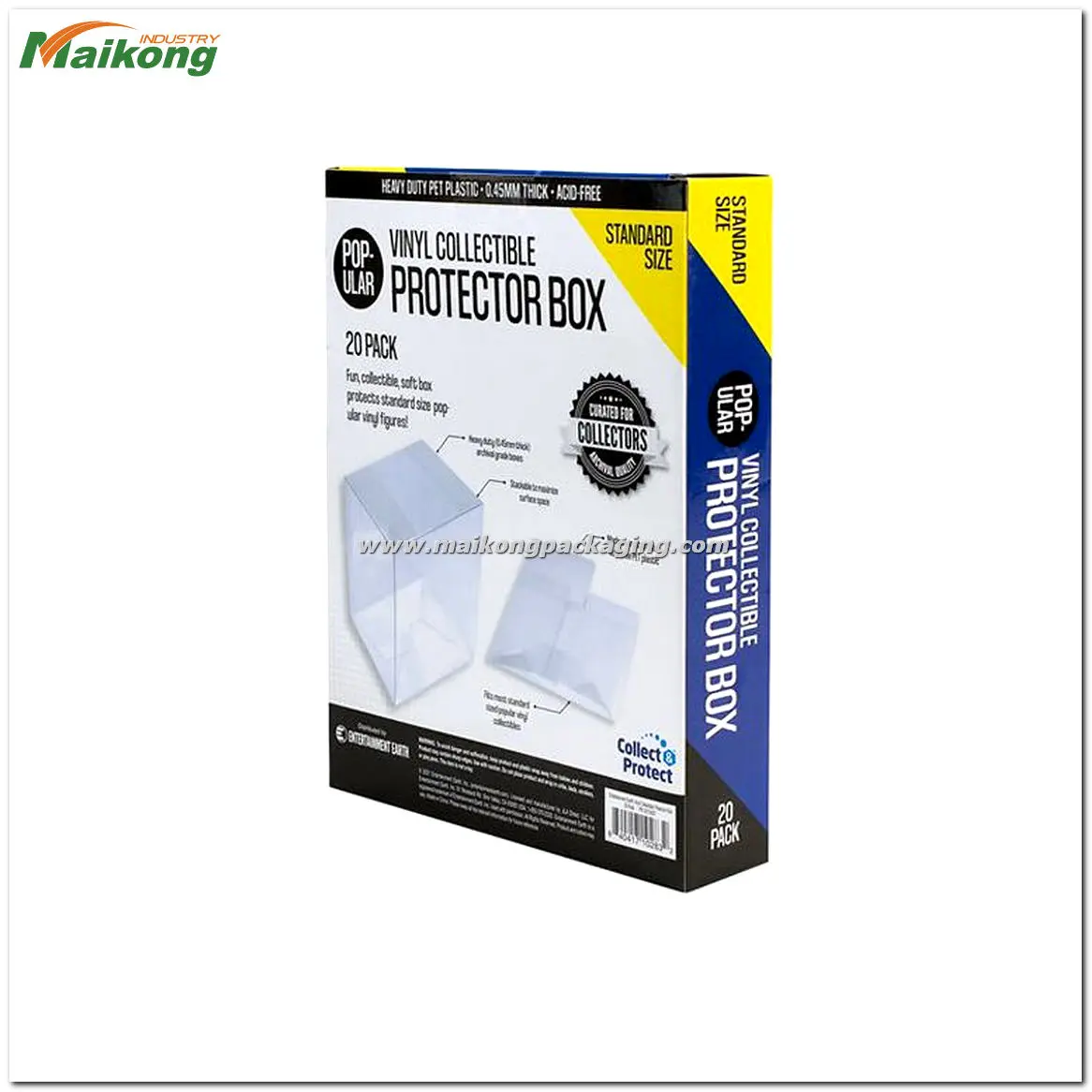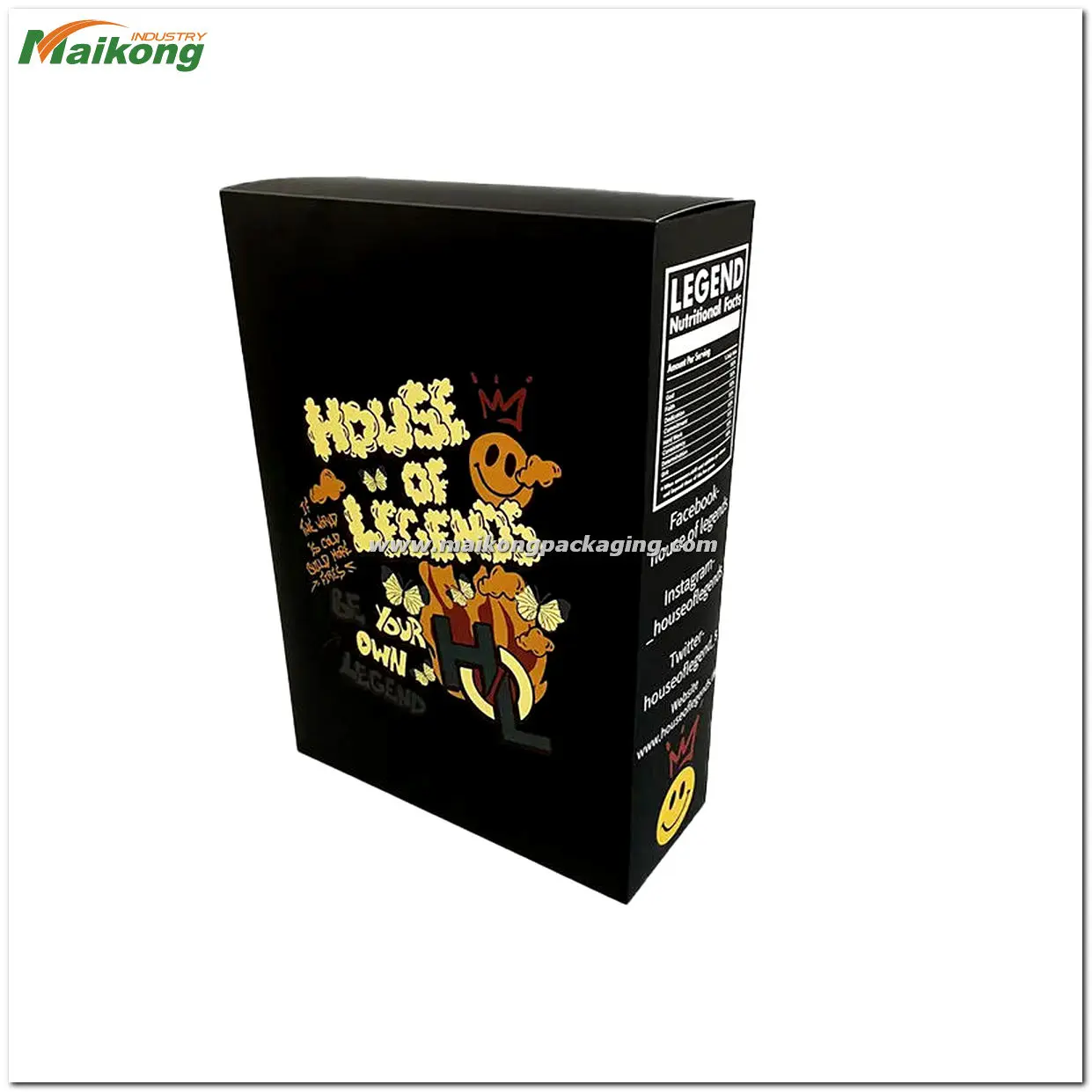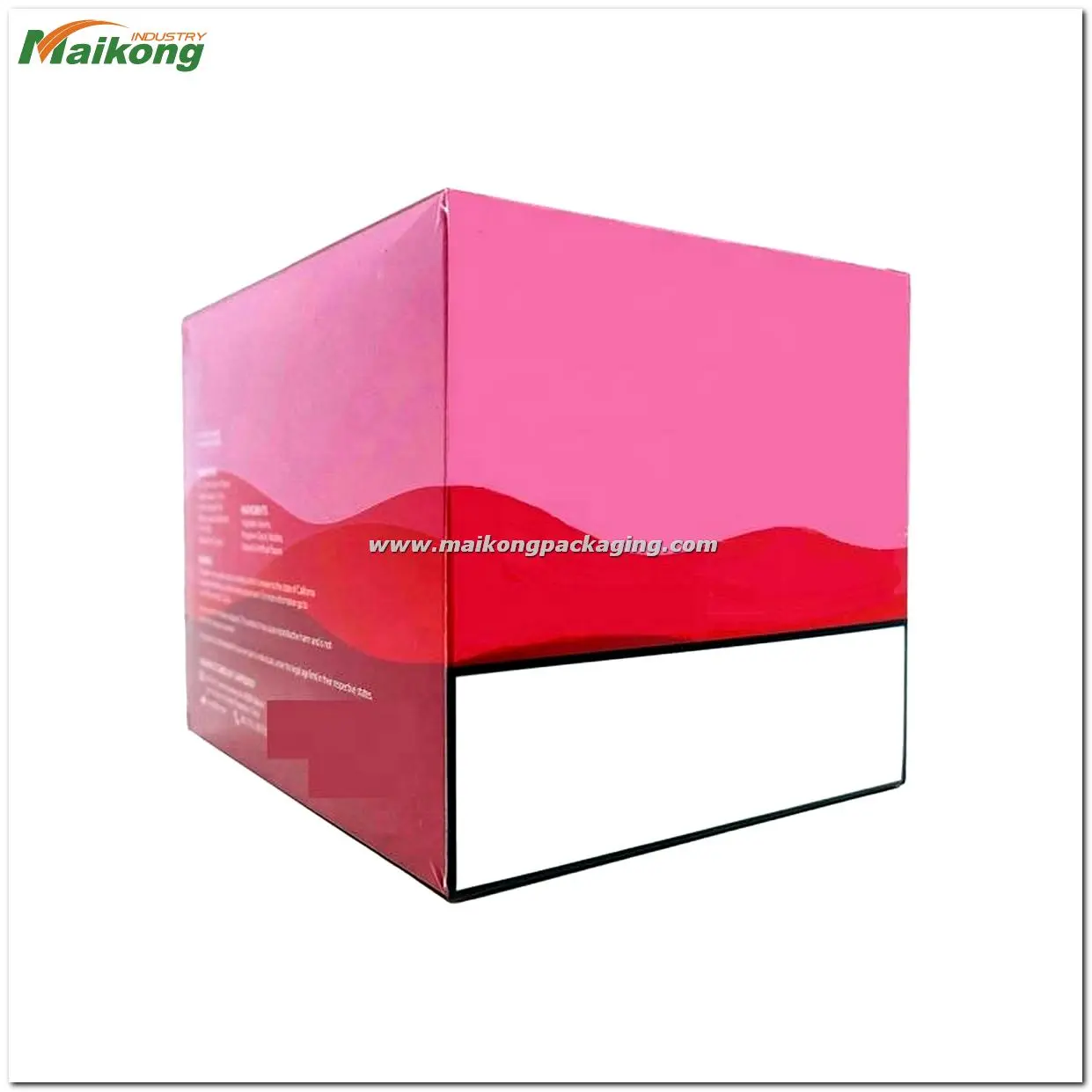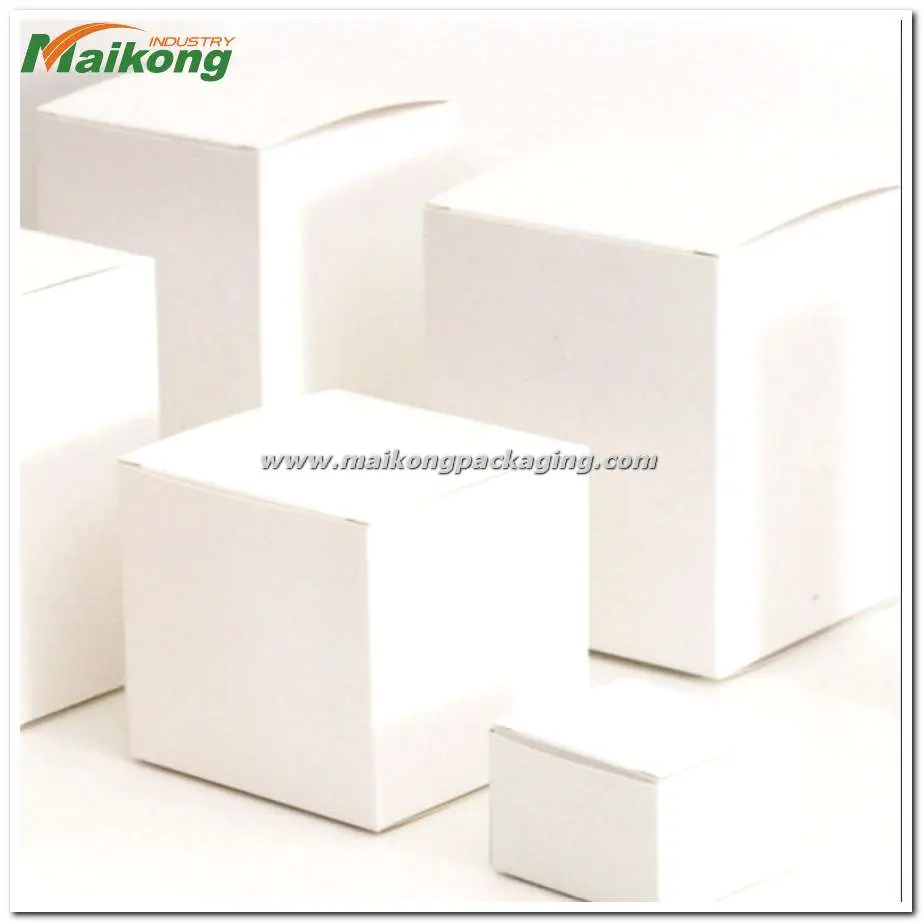Categories
- Events & Exhibitions (35)
- BLOG (186)
- FAQ (34)




subtleties of food packaging can be as crucial as the food itself. This is especially true for the colored circles often seen on various food packages. But what do these mysterious circles mean? Let’s delve into this colorful world and unravel the mystery.
Why Color Matters in Food Packaging Color coding on food packages isn’t just for show. These colors serve a practical purpose in the manufacturing and quality assurance processes. Typically, they are used as a reference in the printing industry to ensure accuracy and consistency in colors.
A Closer Look at the Colored Circles Often referred to as ‘printer’s color blocks’ or ‘process control patches’, these circles are essential tools for printers. They help in calibrating and aligning the colors during the printing process, ensuring that the packaging looks exactly as designed.
Cyan, Magenta, Yellow, and Key (Black) The most common colors used in printing are Cyan, Magenta, Yellow, and Key (Black), abbreviated as CMYK. Each colored circle on a package typically corresponds to one of these colors, playing a vital role in the color printing process.
Special Colors and Their Significance Apart from CMYK, some packages might have additional colors like orange, green, or violet. These are special inks used for branding or to highlight certain aspects of the package design.
How Printers Use These Colors Printers utilize these colored circles to adjust their machines during the print run. This ensures that each package printed matches the color quality and consistency of the previous one, maintaining a uniform look across all products.
Color Matching in Quality Control Quality control teams use these circles to verify that the colors on the packaging match the original design specifications. Any deviation can indicate a problem in the printing process, prompting necessary adjustments.
Recycling and Sustainability Indicators Interestingly, these colored circles can also play a role in recycling. Some packaging includes specific color codes to indicate the type of material used, helping in sorting and recycling processes.
Compliance with Environmental Standards Manufacturers often use these colors to ensure compliance with environmental and safety standards. This includes using safe inks and sustainable materials in packaging.
The Psychological Impact of Colors Colors on packaging do more than meet the eye. They can influence consumer perception and choices. Brands strategically use colors to evoke certain emotions and convey their identity.
Brand Recognition and Trust Consistent color quality on packaging helps in building brand recognition and trust. Consumers are more likely to trust and prefer products with high-quality, consistent packaging.
Custom Packaging Solutions with Maikong Maikong, a global leader in packaging and labeling, offers customized solutions to meet diverse needs. We cater to clients in the USA, Japan, Germany, France, the UK, Italy, Canada, Russia, China, Argentina, Australia, Brazil, India, Indonesia, Mexico, Saudi Arabia, South Africa, South Korea, Turkey, and more.
Our Product Specifications Here’s a breakdown of our product and packaging component specifications:
| Product Parameters | Details |
|---|---|
| Material | [Material Types] |
| Size | [Size Range] |
| Print Quality | [Print Resolution] |
| Durability | [Expected Lifespan] |
| Packaging Component Parameters | Details |
|---|---|
| Color Accuracy | [Color Accuracy Standards] |
| Environmental Standards | [Compliance Details] |
| Customization Options | [Available Customizations] |
For professional and reliable packaging customization, reach out to us at maikongpackaging@hotmail.com.
In need of top-notch custom packaging and labeling solutions? Look no further than Maikong. Our commitment to quality, innovation, and customer satisfaction sets us apart. Contact us at maikongpackaging@hotmail.com for unparalleled packaging expertise.
How is medical marijuana packaged?
Maikong Custom Packaging Boxes for Clothes – Premium, Durable, and Eco-Friendly Solutions